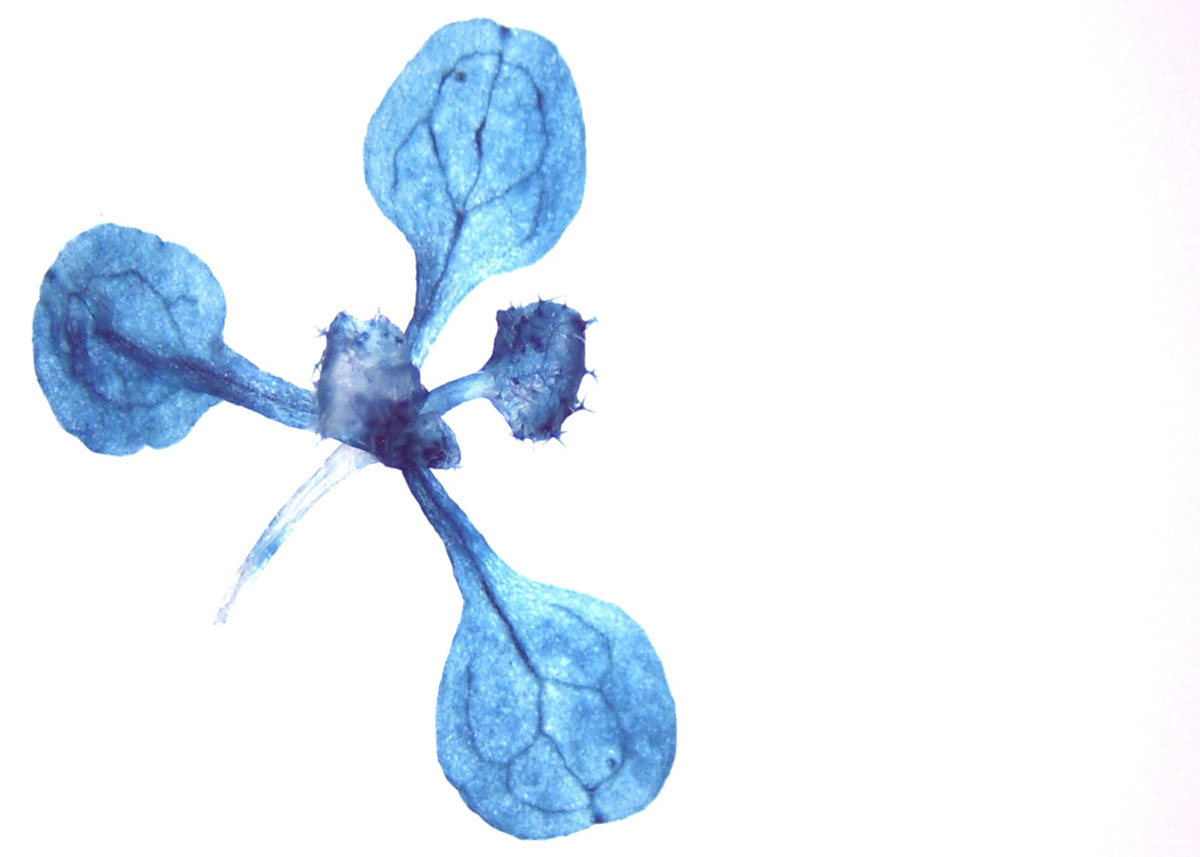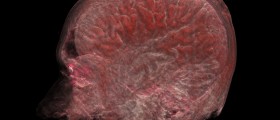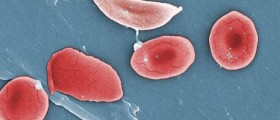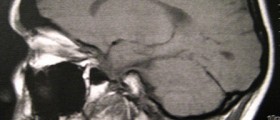
Huntington's disease (HD) is a progressive, inherited, degenerative brain disorder. It produces physical, mental and emotional changes. Huntington's disease (named for George Huntington, the physician who first described the illness in 1872) used to be known as Huntington's chorea. The name refers to the involuntary, jerky movements that can often be observed in the late stages of the disease.The disease affects the ability to think clearly, to talk and move. This happens due to the destruction of cells in the basal ganglia. This is the part of the brain in charge of mentioned capacities. HD results from a gene mutation, leading to toxic amounts of protein in the brain. If a parent has this gene, his/her child has a 50 percent chance to also possess it. There are tests that can determine if this is the case even before any symptoms start emerging. If a child inherits the gene, it will eventually develop the disease. This, however, usually happens later in life, at 35-50. A child without this gene has no risk of developing the condition nor can it pass it on. Symptoms of HD are sometimes very difficult to identify since they can resemble many others. Poor memory, indecisiveness, mood changes (depression, anger, irritability), lack of coordination, twitching and uncontrolled movements are all signs that can lead to this diagnosis. The order of manifestation varies greatly, depending on the individual in question. Physical symptoms may include:
Increased clumsinessSlurred speechDifficulty swallowing or eatingStumbling or fallingMentalsymptoms:
Poor judgmentDifficulty drivingTreatment options are centered on the notion of living with the disease as comfortably as possible. The focus of these efforts revolves around diet, exercise and psychological support. This approach should continue even when HD is confirmed, along with any therapies proscribed by the doctor. There are a number of medications that may help in treating this condition. These are best left to the doctor’sdiscretion.

















Your thoughts on this
Loading...